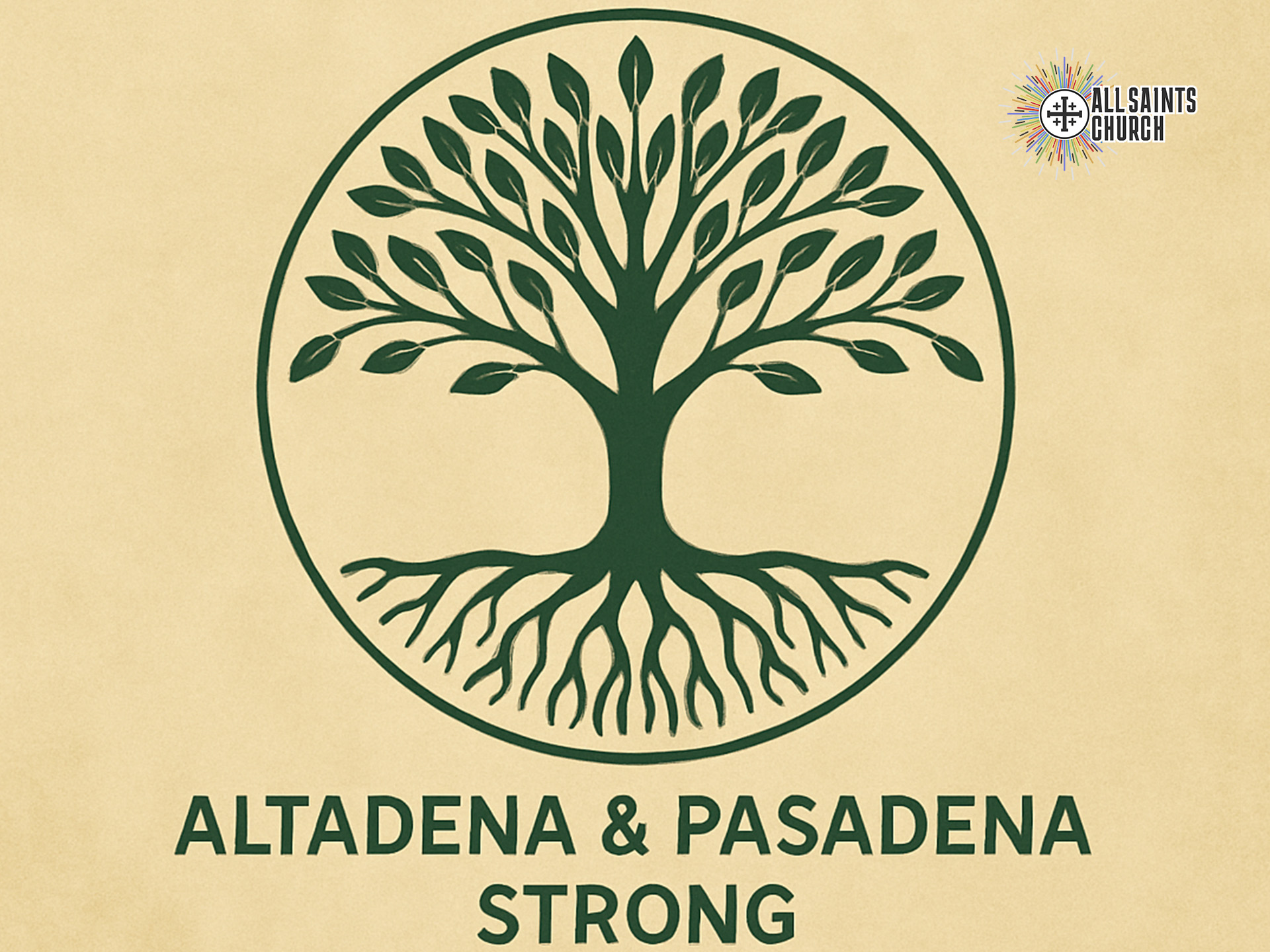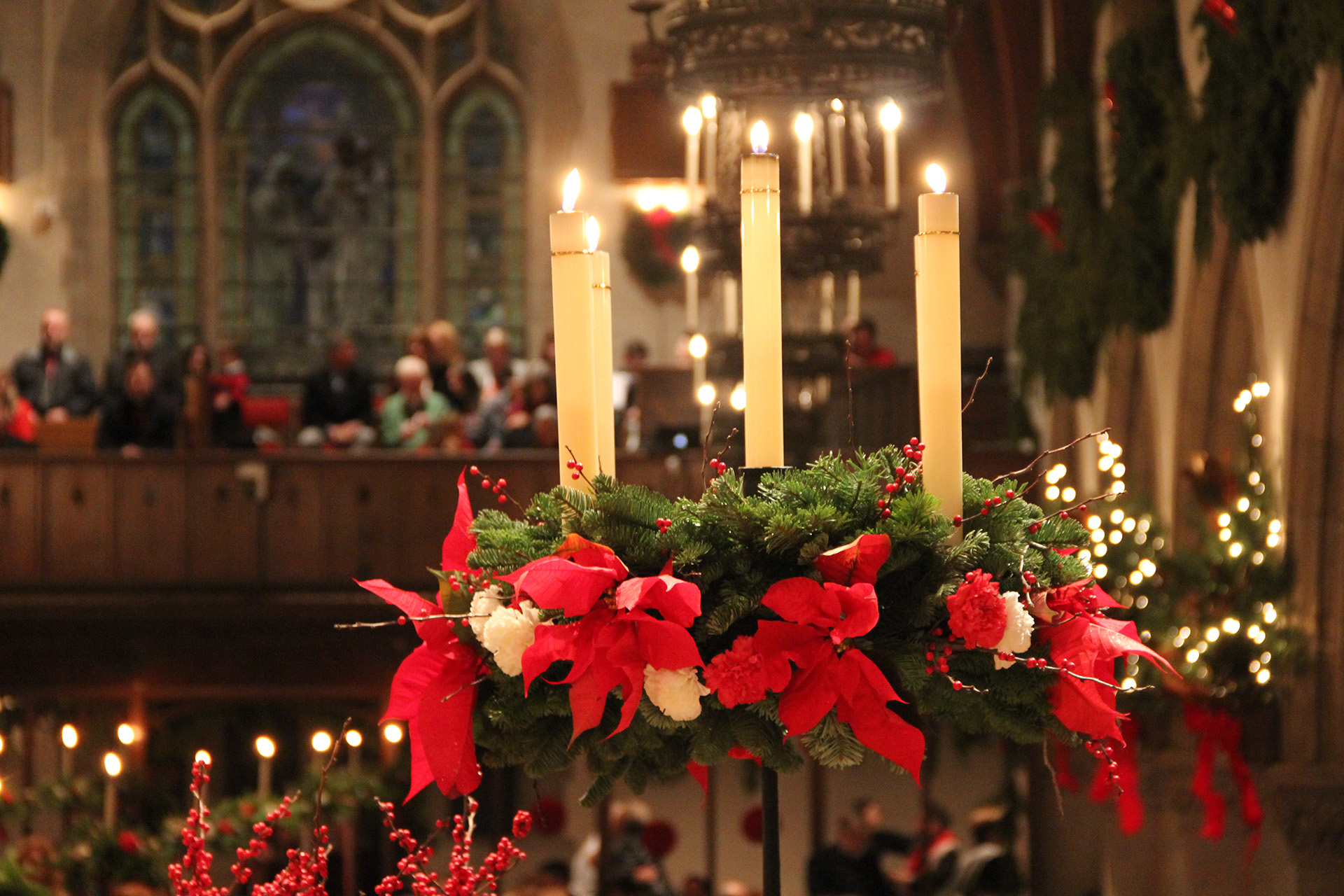The Gospel isn’t meant to be gulped down on Sunday morning, but gnawed on through the week so it really becomes a part of us. You’ve got to work at it, like a dog with a good bone! Here’s the Gospel for this coming Sunday — Trinity Sunday — with food for thought on living life without “I can’t” in our vocabulary. Gnaw away!
Trinity Sunday – John 3:1-17
A certain Pharisee named Nicodemus, a member of the Sanhedrin, came to Jesus at night. “Rabbi,” he said. “we know you’re a teacher come from God, for no one can perform the signs and wonders you do, unless by the power of God.”
Jesus gave Nicodemus this answer: “The truth of the matter is, unless one is born from above, one cannot see the kindom of God.”
Nicodemus said, “How can an adult be born a second time? I can’t go back into my mother’s womb to be born again!”
Jesus replied: “The truth of the matter is, no one can enter God’s kindom without being born of water and the Spirit. What is born of the flesh is flesh; what is born of the Spirit is Spirit. So don’t be surprised when I tell you that you must be born from above. The wind blows where it will. You hear the sound it makes, but you don’t know where it comes from or where it goes. So it is with everyone who is born of the Spirit.”
“How can this be possible?” asked Nicodemus.
Jesus replied, “You’re a teacher of Israel, and you still don’t understand these matters? The truth of the matter is, we’re talking about what we know; we’re testifying about what we’ve seen – yet you don’t accept our testimony. If you don’t believe when I tell you about earthly things, how will you believe when I tell you about heavenly things? No one has gone up to heaven except the One who came down from heaven – the Chosen One. As Moses lifted up the serpent in the desert, so the Chosen One must be lifted up, so that everyone who believes in the Chosen One might have eternal life. Yes, God so loved the world, as to give the Only Begotten One, that whoever believes may not die, but have eternal life. God sent the Only Begotten into the world not to condemn the world, but that through the Only Begotten the world might be saved.”
The Backstory – What’s Going On Here?
This early in John’s Gospel (Chapter 3), but already a lot has happened. Jesus has gathered his disciples, performed his first sign changing water into wine at Cana and drove the moneychangers out of the Temple (and made the first prediction of his resurrection to boot). Now, fresh off the cleansing of the Temple, he has a Pharisee approaching him in the dead of night. Rather than Jesus confronting the authorities, the authorities are coming to Jesus and calling him teacher.
The conversation Jesus and Nicodemus has is one of identity. For a Jew, identity is through birth (which in their case would be matrilineal). You are one of God’s chosen people because you are born of a Jewish mother. But Jesus is saying something else … that your identity comes from God, from being “born anew” or “born from above.” Birth generates identity. Physical birth is necessary for life, but for life in God a second birth is needed in addition to that. We need to know that our deepest identity comes not just from our birth but from God.
This reading is used on Trinity Sunday because it reveals God in three persons — God (the Creator) from whom the Christ has come, God (the Redeemer) who proceeded from the divine and was made flesh in human form, and God (the Spirit) who is the agent of transformation and new birth.
A few things to chew on:
*”What is born of the flesh is flesh, and what is born of the Spirit is Spirit.” – The Church has too often used texts like this to buy into a dualism of “Spirit = Good and Flesh = Evil.” Not only has this had destructive consequences for our view of our own embodiment, it’s not the message a Christ who joyfully and lovingly “became flesh” would bring. The point Jesus makes is that we are so much more than “just flesh.” Just as in the second creation story in Genesis, humanity wasn’t created until God breathed Spirit into the lump of clay — we are not just that clay but are the very breath of God that is breathed into it. We are all flesh … and that’s wonderful … but if we think that’s all we are, we deeply limit all we can be. And Jesus comes to show us a life where we can live into the fullness of the glory of God’s Spirit.
*As a Pharisee, Nicodemus believes that God’s special affections are reserved for God’s chosen people — the Jews. Jesus explodes that, and it’s clear in one of the most quoted passages in all of Christian scripture: John 3:16 ” Yes, God so loved the world, as to give the Only Begotten One, that whoever believes may not die, but have eternal life. ” God so loved THE WORLD. That’s everyone. It’s human nature to assume — or hope — that we are special in God’s eyes. Many Christians use John 3:16 as a proof text for God’s preferential option for Christians. What John 3:16 should drive us to is our knees in humility. In a world that is full of diversity, conflict, disparity, injustice and on and on and on, the one common denominator is that God loves the WHOLE world. How can we conceive of that kind of love? How can we participate in that kind of love? If the whole world is God’s beloved … what does that mean for how I live in and with the world?
Try This:
Jesus tells Nicodemus he must be “born from above.” That’s another way of saying that he must be completely changed … that everything is on the table.
The two most limiting words in our language are “I can’t.” … and we mostly say them to ourselves. And if we keep the sentence going with “because,” often that piece of the puzzle starts with “I’m afraid.” And often those fears are rational … and very real.
The invitation Jesus gives to Nicodemus and to us is to remove those two words from our vocabulary. So just for a few minutes each morning this week … let’s try it. What are those things in your life that you say “I can’t” to (and not “I can’t jump off this building and fly” but more like “I can’t have that conversation” or even “I can’t quit this job.”)? Are those “I can’ts” preventing you from truly putting your life in Jesus’ hands?
What would it be like to hear Jesus say, “Maybe you can’t right now, but there is healing for you that might change that answer.”
What would it be like to hear Jesus say, “No, but really … you can.”
“THE Real Rabbi of Jerusalem”
Voyeurism is not a 21st century phenomenon.
We have always been drawn to the amazing and titilating. What has become reality TV today has taken different forms through the centuries, but it’s really nothing new.
And for many people – Nicodemus included – that’s what Jesus was. He was a spectacle. Someone who had some some wild things — like turning water into wine at the wedding in Cana. Bravo would have promoted him as one of the “Real Rabbis of Jerusalem” … and the ratings would have been huge!
But here’s the thing. Jesus was THE Real Rabbi of Jerusalem. He was the real teacher. And what a real teacher does is not just entertain us but change us. A real teacher helps us become something else. But that also means we have to leave behind what we were before.
Jesus tells Nicodemus that he must be “born from above.” Nicodemus misunderstands (“How can an adult be born a second time? I can’t go back into my mother’s womb to be born again!”) because he is trying to fit Jesus’ words into his own conceptual framework.
But Jesus isn’t interested in fitting neatly into our current lives. Jesus is interested in blowing those lives up and creating something new and better. Jesus is interested in changing everything about how we look at ourselves, each other, the world and him.
Like Nicodemus, we have a choice. We can take our life as a Christian community and let it be an hour-a-week watching of “The Real Rabbi of Jerusalem.” We can be yoyeurs peeking in at Jesus as we take a break from our lives.
Or we can let Jesus be not just the Real Rabbi of Jerusalem … but the Real Rabbi for us. We can not just admire what he teaches but live what he says. We can not just gaze upon him but put our lives in his hands. We can not just try to fit him into our lives but build our lives around him.
We can embrace the truth that Jesus was a revolutionary. That following him means bringing those from the margins into the center, turning over tables, speaking truth to power and laying down our lives.
We can let Jesus be that teacher whose class wasn’t just a lot of fun, but who changed our lives forever.
. . . . . . . . . . . . . . . . . . . . . .
Check out the rest of Sunday’s readings
The Lectionary Page has all of the readings for this Sunday and every Sunday.
Collect for Sunday
Pray this throughout the week as you gnaw on this Gospel:
Almighty and everlasting God, you have given to us your servants grace, by
the confession of a true faith, to acknowledge the glory of the eternal
Trinity, and in the power of your divine Majesty to worship the Unity: Keep
us steadfast in this faith and worship, and bring us at last to see you in
your one and eternal glory, O God; who with the Redeemer and the Holy Spirit
live and reign, one God, for ever and ever. Amen.
Want to read more?
“The Text This Week” is an excellent online resource for anyone who wants to dive more deeply into the scriptures for the week.
. . . . . . . . . . . . . . . . . . . . .
“Gnaw on This” is a weekly publication of All Saints Church in Pasadena and is written by our rector, Mike Kinman.



